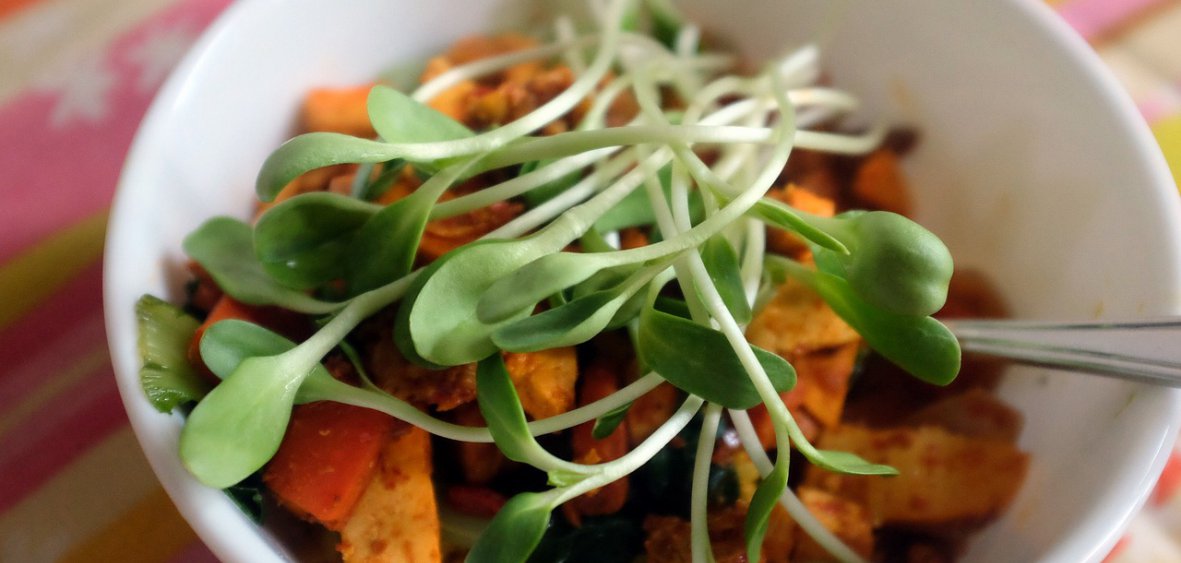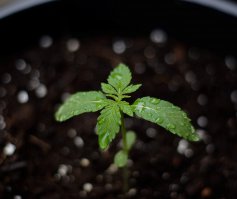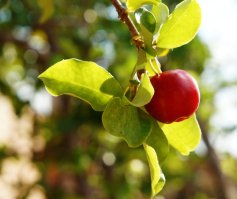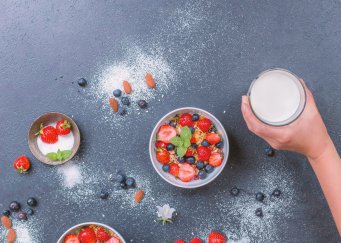 Growing sprouts in your own kitchen is a great way to provide yourself and your family with portions of essential vitamins, enzymes and minerals. Unlike fruit and vegetables in the form of preserves, they are wholesome food. Sprouts have one more advantage, they do not require much time, only 2 minutes a day are enough to enjoy their wealth.
Growing sprouts in your own kitchen is a great way to provide yourself and your family with portions of essential vitamins, enzymes and minerals. Unlike fruit and vegetables in the form of preserves, they are wholesome food. Sprouts have one more advantage, they do not require much time, only 2 minutes a day are enough to enjoy their wealth.
We set up a germ culture
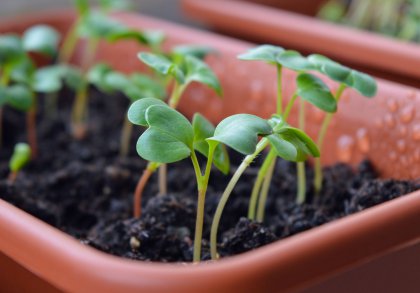 The most important thing we have to do is to get a germination jar (commercially available, with a special cap with metal mesh). Such a jar is very aesthetic, unfortunately, by the way, it is also quite expensive.
The most important thing we have to do is to get a germination jar (commercially available, with a special cap with metal mesh). Such a jar is very aesthetic, unfortunately, by the way, it is also quite expensive.
A special jar can be replaced by a regular jar, in which a gas or material with a rare net will play the role of a cap with a mesh. The gauze can be fixed with an elastic or cord. A more durable solution is to use a jar cap, but before using it, you should make a nail hole in the cap.
Another object that can be used is a special linen germination bag. Unfortunately, the seeds germinating inside it are not visible to us, which deprives us of the joy of the sight of developing plants. Especially when children are eager for experience at home, it is not worth deciding on bags, a much more interesting idea is a jar.
Another method is to put a sieve on the bowl, if you have these two pots and pans at home in matching sizes. The germ is then grown on a sieve under a linen cloth.
In shops we can also buy a double-deck germinator. It looks very good, but takes up a lot of space in the kitchen. The possibility of rotting or moulding of plants is also a cause for concern.
We prepare seeds for breeding
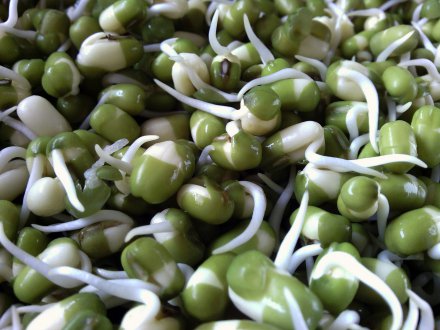
The seeds shall be designated as seeds for germination. They can be purchased in healthy food shops, online shops or online auctions.
Pour the sprouts into an evaporated jar and pour cold or lukewarm water over them. The seeds will absorb water, so you have to keep the proportions so that the water is twice as much as the seeds. We leave the breeding for the night. On the second day we pour water (without unscrewing the caps or taking off the gas), pour water over the jar and pour it out again. Leave the dish leaning diagonally so that the rest of the water flows off. Ensuring drainage is very important as it protects the seeds from rot and mould.
Rinse seeds at least twice a day (morning and evening). Remember to dispose of excess water and ensure air circulation.
The seeds start to germinate after about 2-4 days. After growing, we can eat the sprouts, remembering to store the rest with a gently dried cloth in the fridge. In such conditions they will survive several days (up to a week).
Characteristics of the germ
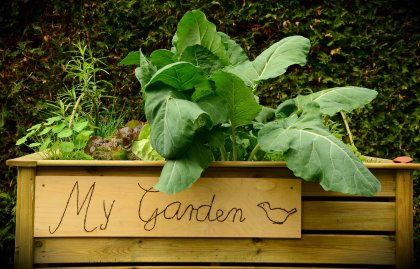 In sprouts we will find more beneficial ingredients than in ripe vegetables. It is rich in vitamins C, E, K, lutein and beta-carotene. Seeds and then sprouts are stored in a warehouse where all substances necessary for proper plant growth are stored. That is why they are so healthy and nutritious.
In sprouts we will find more beneficial ingredients than in ripe vegetables. It is rich in vitamins C, E, K, lutein and beta-carotene. Seeds and then sprouts are stored in a warehouse where all substances necessary for proper plant growth are stored. That is why they are so healthy and nutritious.
In order to keep our body in good condition, we should make sure that our diet is rich in sprouts, which together with freshly squeezed juices provide us with a huge dose of vitamins, minerals and enzymes.
Sprouts are a protein storehouse. On average, about 1/3 of their composition are proteins. In the case of alpha-alpha and broccoli sprouts it is as much as 35%, while the sprouts of lentils, radishes or peas contain about 26% of this ingredient.
What is L-Channel and can it hurt us?
L-Chanavan is a nonprotein amino acid synthesized in the tissues of broadleaf plants. It is a source of nitrogen or a compound that repels herbivorous insects. In large leaves it may cause harm to humans and animals. According to some researchers, however, small doses of L-canavanine may have an anti-cancer effect, for example.
L-canavanine is a component of alfalfa seeds. Consuming them before germination is harmful. During germination, the level of L-canavalene drops to amounts that are not important for the human body.
There is a dispute over the health and harmfulness of sprouts. Some (Charlotte Gerson) claim that sprouts can be harmful. However, it allows the consumption of sprouts sporadically (e.g. once a week), but according to this theory the consumption of alpha-alpha sprouts (alfalfa (alfalfa)), which may inhibit the process of cancer control, is excluded.
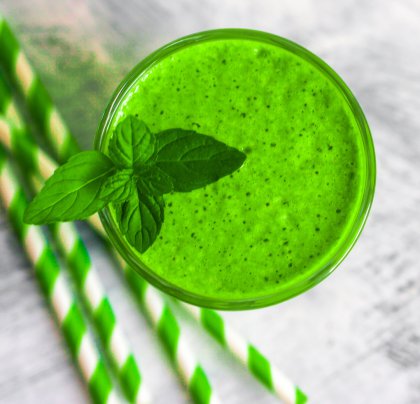 There are also opponents of "gerson's" claims, e.g. Ann Wigmore, who cured colorectal cancer, as she claims, thanks to a diet rich in sprouts and wheat grass.
There are also opponents of "gerson's" claims, e.g. Ann Wigmore, who cured colorectal cancer, as she claims, thanks to a diet rich in sprouts and wheat grass.
There is also a view that the dispute over the health or harmfulness of sprouts is a purely commercial product, in which the ability of plants to strengthen our organisms is undermined for the sake of profit. Surely, as in any case, you should refer to your own common sense. Let's eat sprouts because they are a source of health, but let's do it in moderation.

